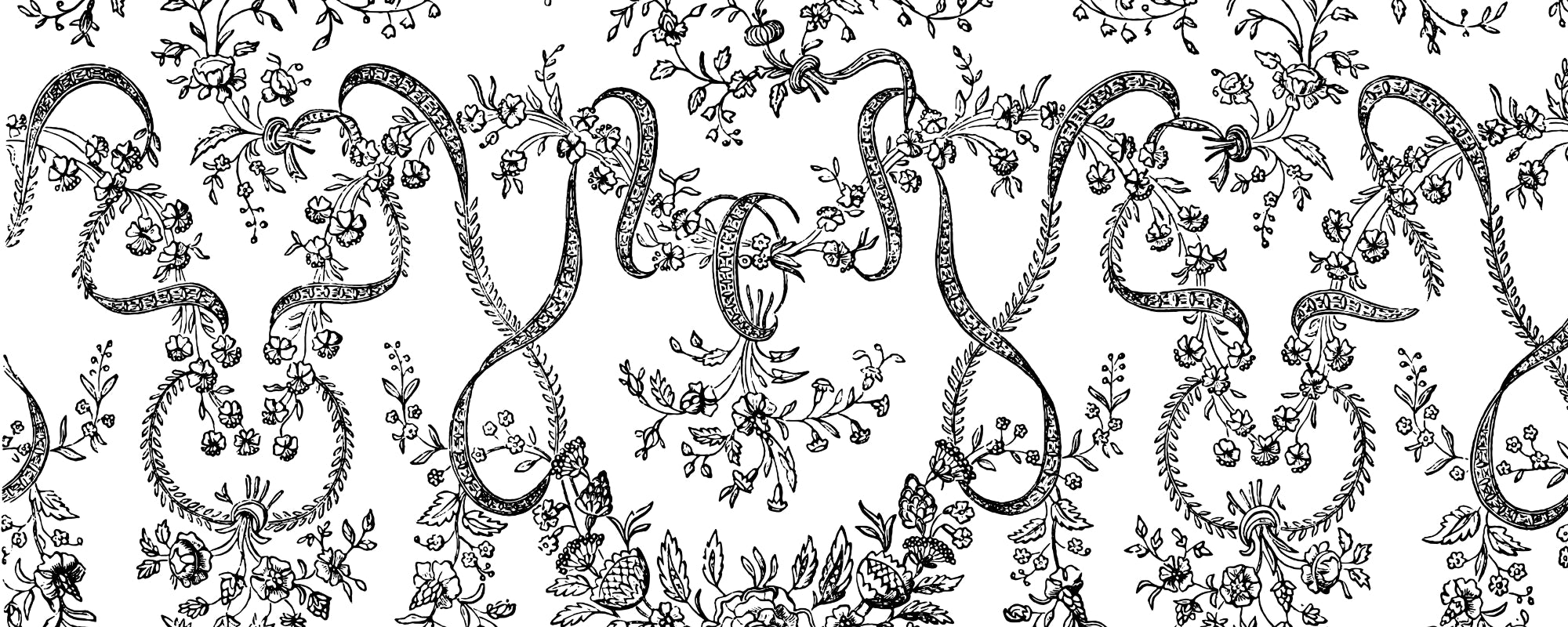
Lion’s Mane mushroom (also known as Yamabushitake or Hericium Erinaceus) is a unique looking edible mushroom, often found in East Asian cuisines and used in Traditional Chinese Medicine. Like many mushrooms, Lion’s Mane Mushroom is composed of two main components: a fruiting body, which is what we generally recognize as the mushroom, and mycelia, which are basically the “roots” of the mushroom.
Lion’s Mane mushroom received its modern name from how it looks as it grows out of wood. It is a white, large, shaggy mushroom that does, in fact, resemble a white lion’s mane. It is also called monkey head mushroom, bearded tooth mushroom, pom pom mushroom, and bearded tooth fungus.
Lion’s Mane mushroom contains a large number of bioactive components and secondary metabolites including: β-glucan polysaccharides (a total of 35 polysaccharides), hericenones and erinacines terpenoids (hydrocarbon compounds occurring exclusively in Lion’s Mane), sterols, and ‘myconutrients’ (micronutrients).
It has long been promoted for its health benefits ranging from antibiotic, anti-inflammatory (anti-oxidant), anti-carcinogenic, cholesterol lowering, lowers heart disease, neuroprotective and neurodegenerative properties.
Because of its anti-inflammatory properties and promotion of nerve growth factor (NGF) gene expression, this mushroom has shown great promise in clinical trials for the treatment of Alzheimer’s and Parkinson’s diseases. With very few (if any) adverse effects reported(i).
One study examined the antioxidant abilities of 14 different mushroom species and found that Lion’s Mane had the fourth highest antioxidant activity and recommended it as excellent dietary source of antioxidants(ii).
Studies have shown that out of 2000 different types of edible and medicinal mushrooms, only a few countable mushrooms have been selected until now for neurohealth activity. One of them is Hericium Erinaceus.
What are the trials saying?
Fights against Dementia
Neurodegenerative diseases like Alzheimer’s and dementia are conditions that result from cell degeneration in the brain. Our brain’s ability to wire new connections decreases with time and that is one possible explanation why when we get older, our brain function tends to weaken.
Studies have found that there are two special compounds only found in Lion’s Mane mushrooms that can stimulate the growth of brain cells- the compounds hericenones and erinacines.
From many studies with mice and humans, Lion’s Mane is believed to be able to prevent the neuronal damage from amyloid-beta plaques (which accumulate in the brain during Alzheimer’s disease) and thus improve the symptoms of memory loss.
A double-blind, placebo controlled clinical trial was conducted in Japan by a company that sells mushrooms. 30 adults aged 50-80yrs that had been diagnosed with mild cognitive impairment, were split into test and controlled groups. The results over a 16-week period showed that the group that consumed 750mgs of Lion’s Mane each day performed significantly better on the cognitive function scale tests than the placebo group. 4 weeks after discontinuing the course, the control group were again tested. Their cognitive scores had slightly declined, but not to the original base points that were marked at the start of the trial(iii).
One open-label study described in a review, followed 7 patients diagnosed with Alzheimer’s disease or cerebrovascular dementia that were given 5 grams of powdered Lion’s Mane daily for 6 months. According to the review, 6 out of 7 patients had improvements in their perceptual capacity, while all 7 patients showed improvements in functional independence. 3 bedridden patients were able to get up for meals after treatment(iv).
Spontaneous behavioural tests (to monitor locomotor activity and recognition memory) were carried out in ageing male mice dosed with Hericium Erinaceus extract for 2 months. All exhibited increased performance on these tests(v).
In another animal-model test for Alzheimer’s disease, treatment with Lion’s Mane increased the expression of nerve growth factor gene (NGF) in the hippocampus. This prevented impairments of special, short-term and visual recognition memory when observed against non-treated mice(vi).
Helps in reducing the symptoms of Depression and Anxiety
Depression and anxiety disorders affect 100s of millions of people worldwide.
Scientists know that improving the functions of the hippocampus (a region of the brain responsible for processing memories and emotional responses) can help lower the effects of anxiety and depression.
In a clinical trial, where 2grams of Lion’s Mane was given over a 4-week period, there was a reduction in some symptoms of anxiety and depression in menopausal women (study of 30 women).
The Indefinite Complaints Index categories for Palpitation and Incentive showed a statistically significant improvement in women taking Lion’s Mane compared to those taking placebo. And the categories of Irritating, Anxious, and Concentration indicated a trend in the direction of improvement with Lion’s Mane as compared to placebo(vii).
Male mice were administered varying doses of Lion’s Mane or saline, once a day for 4- weeks. Hippocampal cells were assessed and there was enhanced neurogenesis in the mice receiving Lion’s Mane, showing anxiolytic and antidepressant-like effects(viii).
Research conducted with mice given the extract of this mushroom for 2 weeks showed reduced symptoms of depression and anxiety, moreover, the levels of norepinephrine (NE), dopamine (DA) and serotonin (5-HT) were decreased in the stressed mice(ix).
Nervous System Recovery & Regeneration
Our nervous system consists of the brain, spinal cord and the nerves that travel throughout the body. These components work together to send, receive and transmit signals that control almost every bodily function. Nervous system injury, trauma or degradation leads to many health issues and often take a long time to heal, if at all.
Treatment with different concentrations of Lion’s Mane & Tiger Milk mushroom extracts was conducted on chick embryos, resulting in neuronal differentiation and neuronal elongation. The Lion’s Mane extract stimulated neurite outgrowth in cells of the brain, spinal cord, and retina by 20% - 22%, compared to non-treated embryos(x).
Hericium Erinaceus extract had an activating action on in vitro human nerve tissue. It was shown that the myelination rate (production of the myelin sheath that wraps around neuronal axons) was higher in the test cells than that of the control group(xi).
Lion’s Mane extract was shown to reduce recovery time by 23–41% when given orally to rats with nervous system injuries. Their return of hind limb function returned earlier than that of the test subjects, as well as their regeneration of axons and peroneal nerve(xii).
In one study, high doses of lion’s mane mushroom extract given to rats immediately after a stroke helped decrease inflammation and reduce the size of stroke-related brain injury by 44%(xiii).
Boosts immunity & digestive health
A strong immune system protects us from viruses, bacteria and other disease-causing pathogens. Research suggests that poor gut health (gastrointestinal tract) directly affects our immune system, which makes sense as most of the bacteria in our body lives in our gut.
Mice research shows that the polysaccharides in Lion’s Mane can boost immunity by increasing the activity of the intestinal immune system. It improved macrophage phagocytosis – the mechanism by which a white blood cell kills pathogens & removes the dead cells. It also upregulated the secretion of antibodies in the gut(xiv).
One study used four extracts from the Hericium Erinaceus mushroom and tested it against mice salmonella cells in vitro. 4-8 hours post treatment, macrophages started to react to the extracts, enzyme activity increased and bacteria spread stopped.
Mice (with lethal salmonella poisoning) directly dosed with the same extracts showed an increased life span due to an increase in immune cells(xv).
And so, with this (and more) scientific-backed research, we give you the mighty Lion’s Mane mushroom!
A first in SA - Our trademarked X1978® Hericium Erinaceus combines BOTH fruiting bodies & mycelium into a powerful medical-strength full spectrum Lions Mane. Freeze dried and powdered for 100% purity, ensuring all compounds are in their most bioavailable form.
Give your brain the beauty boost it deserves!
- Spelman, K., Sutherland, E., & Bagade, A. (2017). Neurological Activity of Lion’s Mane (Hericium erinaceus). Journal of Restorative Medicine, 6(1), 19–26.doi:10.14200/jrm.2017.6.0108
- Abdullah N, Ismail SM, Aminudin N, Shuib AS, Lau BF. Evaluation of Selected Culinary-Medicinal Mushrooms for Antioxidant and ACE Inhibitory Activities. Evid Based Complement Alternat Med. 2012;2012:464238. doi: 10.1155/2012/464238. Epub 2011 Jun 18. PMID: 21716693; PMCID: PMC3118607.
- Mori, K., Inatomi, S., Ouchi, K., Azumi, Y., & Tuchida, T. (2009). Improving effects of the mushroom Yamabushitake (Hericium erinaceus) on mild cognitive impairment: a double-blind placebo-controlled clinical trial. Phytotherapy Research, 23(3), 367–372. doi:10.1002/ptr.2634
- Kawagishi, H. Compounds for dementia from Hericium erinaceum. Drugs of the Future 33(2) February 2008. doi: 10.1358/dof.2008.033.02.1173290
- Ratto, D., Corana, F., Mannucci, B., Priori, E. C., Cobelli, F., Roda, E., … Rossi, P. (2019). Hericium erinaceus Improves Recognition Memory and Induces Hippocampal and Cerebellar Neurogenesis in Frail Mice during Aging. Nutrients, 11(4), 715.doi:10.3390/nu11040715
- Tzeng TT, Chen CC, Lee LY, et al. Erinacine A-enriched Hericium erinaceus mycelium ameliorates Alzheimer’s disease-related pathologies in APPswe/PS1dE9 transgenic mice. J Biomed Sci. 2016;23:49.
- Nagano M, Shimizu K, Kondo R, et al. Reduction of depression and anxiety by 4 weeks Hericium erinaceus intake. Biomed Res. 2010;31:231–7.
- Ryu, S., Kim, H. G., Kim, J. Y., Kim, S. Y., & Cho, K.-O. (2018). Hericium erinaceus Extract Reduces Anxiety and Depressive Behaviors by Promoting Hippocampal Neurogenesis in the Adult Mouse Brain. Journal of Medicinal Food, 21(2), 174–180. doi:10.1089/jmf.2017.4006
- Chiu, C.-H., Chyau, C.-C., Chen, C.-C., Lee, L.-Y., Chen, W.-P., Liu, J.-L., … Mong, M.-C. (2018). Erinacine A-Enriched Hericium erinaceus Mycelium Produces Antidepressant-Like Effects through Modulating BDNF/PI3K/Akt/GSK-3β Signaling in Mice. International Journal of Molecular Sciences, 19(2), 341. doi:10.3390/ijms19020341
- Samberkar, S., Ganghi, S., Naidu, M.…Sabaratnam, V. (2015). Lion's Mane, Hericium erinaceus and Tiger Milk, Lignosus rhinocerotis (Higher Basidiomycetes) Medicinal Mushrooms Stimulate Neurite Outgrowth in Dissociated Cells of Brain, Spinal Cord, and Retina: An In Vitro Study. Int J Med Mushrooms. 2015;17(11):1047-54. doi: 1615/intjmedmushrooms.v17.i11.40.
- Kolotushkina EV, Moldavan MG, Voronin KY, Skibo GG. The influence of Hericium erinaceus extract on myelination process in vitro. Fiziol Zh (1994). 2003;49(1):38-45. PMID: 12675022.
- Wong, K.-H., Naidu, M., David, P., Abdulla, M. A., Abdullah, N., Kuppusamy, U. R., & Sabaratnam, V. (2011). Peripheral Nerve Regeneration Following Crush Injury to Rat Peroneal Nerve by Aqueous Extract of Medicinal MushroomHericium erinaceus(Bull.: Fr) Pers. (Aphyllophoromycetideae). Evidence-Based Complementary and Alternative Medicine, 2011, 1–10.doi:10.1093/ecam/neq062
- Lee, K.-F., Chen, J.-H., Teng, C.-C., Shen, C.-H., Hsieh, M.-C., Lu, C.-C., … Kuo, H.-C. (2014). Protective Effects of Hericium erinaceus Mycelium and Its Isolated Erinacine A against Ischemia-Injury-Induced Neuronal Cell Death via the Inhibition of iNOS/p38 MAPK and Nitrotyrosine. International Journal of Molecular Sciences, 15(9), 15073–15089.doi:10.3390/ijms150915073
- Sheng X, Yan J, Meng Y, Kang Y, Han Z, Tai G, Zhou Y, Cheng H. Immunomodulatory effects of Hericium erinaceus derived polysaccharides are mediated by intestinal immunology. Food Funct. 2017 Mar 22;8(3):1020-1027. doi: 10.1039/c7fo00071e. PMID: 28266682.
- Kim, S. P., Moon, E., Nam, S. H., & Friedman, M. (2012). Hericium erinaceus Mushroom Extracts Protect Infected Mice against Salmonella Typhimurium-Induced Liver Damage and Mortality by Stimulation of Innate Immune Cells. Journal of Agricultural and Food Chemistry, 60(22), 5590–5596.doi:10.1021/jf300897w





